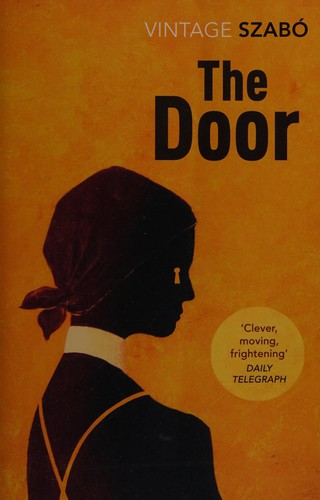
The Door
Magda Szabó
The power dynamic between a famous writer and her illiterate housekeeper is inverted. Szabó offers a snapshot of life in 20th century Hungary through the lens of two very different women that come to depend on each other.
Date Read: 2025-08-13
Recommendation: 5/5
Notes:
I believe it was from this moment that Emerence truly loved me, loved me without reservation, gravely almost, like someone deeply conscious of the obligations of love, who knows it to be a dangerous passion, fraught with risk.
I know now, what I didn’t then, that affection can’t always be expressed in calm, orderly, articulate ways; and that one cannot prescribe the form it should take for anyone else.
In my student days, I detested Schopenhauer. Only later did I come to acknowledge the force of his idea that every relationship involving personal feeling laid one open to attack, and the more people I allowed to become close to me, the greater the number of ways in which I was vulnerable.
Sometimes she was so offhand, and so rude to me that any stranger would have wondered why I put up with her. But it didn’t matter, because I had long ago learned to ignore the shifting tectonic plates under the surface of her being.
She refused to believe in God, but she honoured him with her actions.
Emerence made it a condition that if you loved her, she should be the leading figure in your life.
She also demanded of me that, in my art, it should be real passion and not machinery that moved the branches. That was a major gift, the greatest of her bequests.
I’ve always been good at philosophising, and I wasn’t ashamed to admit that I had done wrong. But what didn’t occur to me was that, compared to her, I was still young and strong. And yet I didn’t go out and sweep the snow. I didn’t send her home to watch the film, though I could have handled the broom perfectly well.
The prize, I reflected bitterly, had already begun to work its influence. I had rushed off in a TV car towards its radiance, away from illness, old age, loneliness and incapacity.